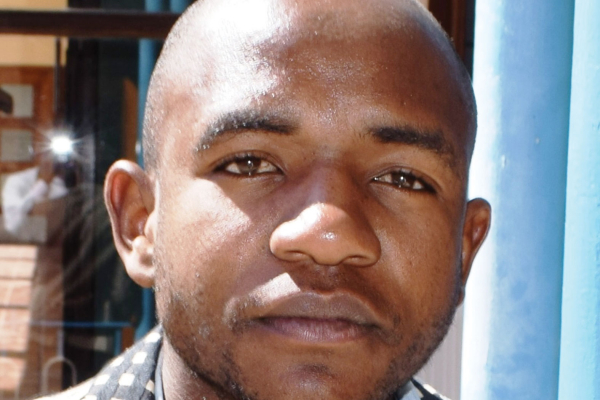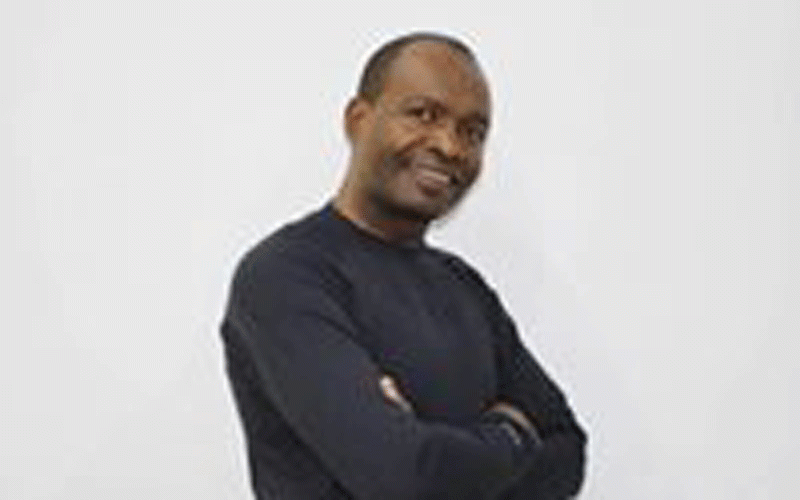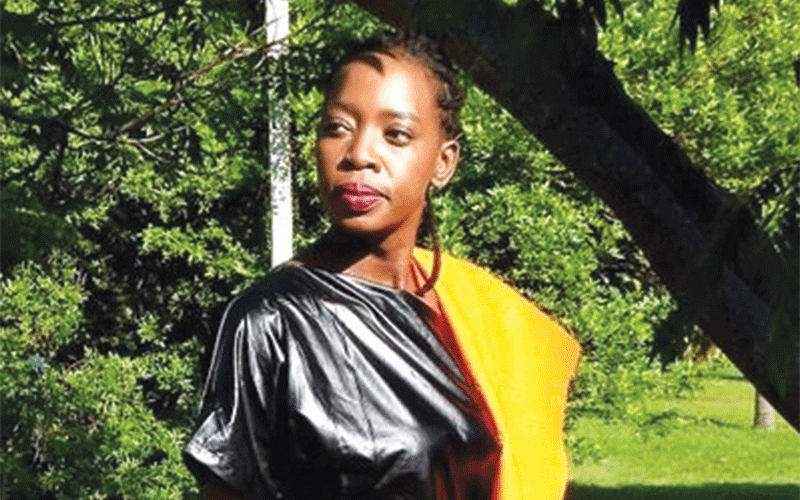
Between the Lines: Beniah Munengwa
Title: Who Are We to Blame?
Author: Sharon Nyasha Mtetwa
Publisher: (2019)
ISBN: 978-0-7974-9784-9
LIFE is a phenomenon that many struggle to comprehend, and often dismiss the subject with the usual refrain: “Those who know it all have passed on.” Apportionment of blame becomes a way of life.
In her debut publication, Sharon Mtetwa, however, tries to unlock this jinx, demonstrating how circumstances of life often shape people into what they eventually become.
To be raped by a maid, to be spoiled into an irresponsible child, to be an unwanted orphan who is sexually manipulated by men of cloth, all constitute Mtetwa’s thematic concerns.
- Chamisa under fire over US$120K donation
- Mavhunga puts DeMbare into Chibuku quarterfinals
- Pension funds bet on Cabora Bassa oilfields
- Councils defy govt fire tender directive
Keep Reading
Through the character of Diana, we learn how life-changing scenarios come in multiple forms to have a profound impact on the lives of young people. Living under strict parenting turns Diana into a naïve and irresponsible character. Once she tastes freedom away from her parents’ watch, she is tempted to explore her sexuality.
Many of the stories that run through the text make sad reading, although the author employs smooth, flowing diction that speaks to her poetic prowess. A few editorial interventions could have tidied a few messy areas, though. But the book is generally a good read.
At the end of each chapter is a section to scribble one’s reflections, making the text a project for deep reflection for social change and research. If it is cleaned up, the text has the potential to find its way into the school curriculum.
In another case, Jerry, a promising child becomes a perennial rape victim from the age of 10 to 16, a point when he realises that he had been infected with HIV. Can he be blamed for all that follows, till he gets jail time?
Mtetwa’s stories focus on real life matters. No day passes by without the issues making headlines in newspapers, television news and or unfolding in the eyes of people. Is it not fate that relegates people like Mara to street life? What else would she do, having been rejected by all after her parents and grandparents’ deaths? Would you blame her for taking the chance to date a married man in return for a ticket out of street life?
These are authentic stories drawn straight from the experiences Mara went through in her daily encounters with the world.
The book demonstrates that while it is easy to judge people that try to make a living on the streets, many of them are just victims of circumstances. It has moral teachings that seek to invite society towards revisiting the way it thinks and acts towards others.
Men of cloth, home helpers and even accomplices who trade as friends are portrayed as the most dangerous. They are dangerous because, in appearing to be serving your interests, they will be setting traps that you will mostly not emerge from without regrettable scratches or even death.
The author’s approach is that of taking a full check on the background story behind those considered ‘wretched.’ The faces of dysfunctional characters are almost always tossed away, but upon realising where they will have come from, society is thus equipped with knowledge that helps heal and accommodate its lost and trapped citizens.
But as what emerges in some of the stories, while asking, ‘Who are we to blame?’, it remains the responsibility for all, in all capacities of victimhood, to find a responsible niche that will unshackle their paths towards perfected citizenry.
Beniah Munengwa writes in his own capacity. He can be contacted through email on [email protected].











